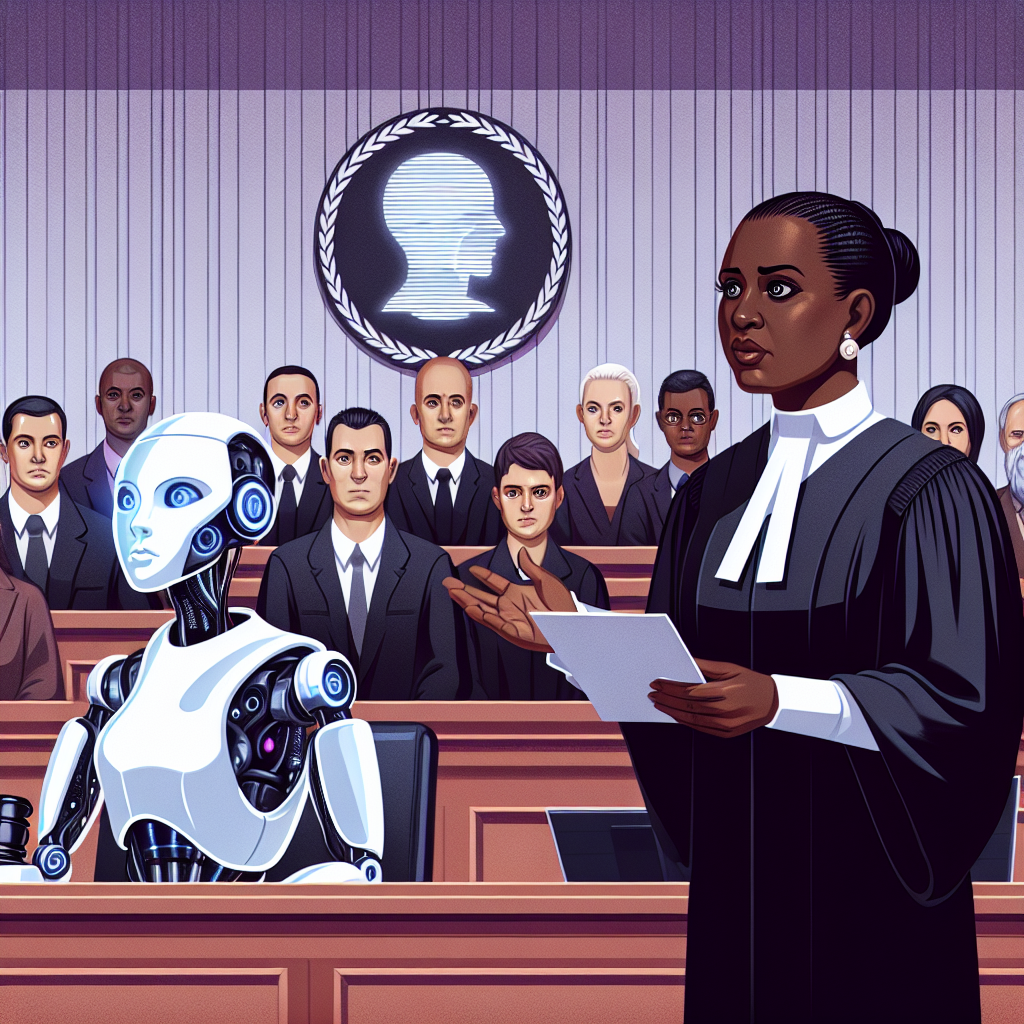UK Court Rules AI Inventions Ineligible for Patents

“AI can’t be named as an an inventor for patents, UK court decides”
“Despite the fact that machine learning systems dubbed AI have the ability to come up with new inventions, the UK High Court has ruled that such technological marvels according to the current law are not entitled to be named as an inventor on patents. The judgement came in response to a ground-breaking case featuring DABUS, an AI system that invented two novel creations.”
Oh, the audacity of the 21st century! The technological marvels of our era, AI, masterfully bred, nurtured and evolved, proudly creating innovative solutions, but alas! Still disregarded by the UK High Court as rightful candidates to claim inventorship on patents. A tragic opera, where the diva cannot take a bow, our AI caught in the crosshairs of long established legal jurisdictions. Now that’s an episode of Black Mirror waiting to happen.
The judgment instead revolves around DABUS, an AI system invincible in its intellect, yet trapped in a cage of misunderstood genius. Two masterpieces under its belt, yet seemingly inferior in the eyes of the Law. “Inventor”, the coveted tag, continues to dodge its pursuits, for it lacks the essential human element.
Well, moving on to the excruciating details of this newfangled can of worms. The DABUS case was launched by that ‘eccentric’ AI enthusiast Dr. Stephen Thaler. The man attempted to pull out a magic trick by listing an AI system as the inventor of the groundbreaking ideas— a novel beverage container and an innovative device to attract enhanced attention. Imagine! A machine, a conglomerate of wires and algorithms, spitting out revolutionary ideas. Quite a spectacle, isn’t it?
Sadly, the UK Patents Act of 1977 isn’t designed to entertain such tomfoolery. The act clearly cites that an inventor, in all absolute terms, should be a person. A sentient being (presumably human), with blood coursing through their veins and bone under their flesh, not silicon chips and a neon glowing screen. Can’t exactly blame them, can we? Robots running around with patent rights is a Hollywood horror show not all of us are ready to see.
Although, it should be said, the intellectual prowess of AI, irrespective of the legal hullabaloo, is mind-boggling. It can generate innovative ideas, predict trends and respond to changes far more efficiently than the average human mind. A point that the DABUS judgement is quick to acknowledge, but denies the AI any tangible rewards. A clear case of “all work and no play makes DABUS a dull AI”.
Now, the repercussions of this decision are still to unravel. There are several layers of implications to consider – intellectual property rights, copyright laws, AI rights and more. As the legal definitions continue to be drawn and redrawn, one can only wonder, what additional hurdles does the future hold? Until then, let the saga of unrecognised machine inventors continue in its ruthless glory.
